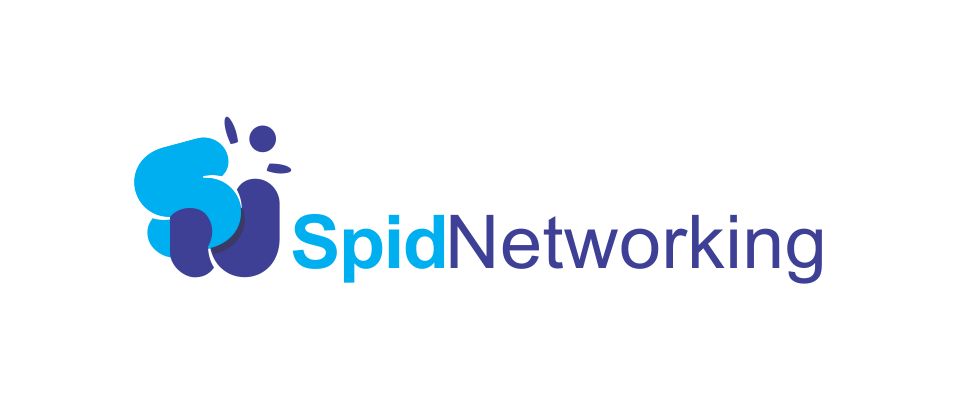MBA 2015
Apply to the Stanford Africa MBA Fellowship Program (8 June 2015),
if you have completed your graduate program in Africa and considering
international exposure, you should consider Stanford Africa MBA Fellowship.
1.The Stanford Africa MBA Fellowship Application is now available.
Please read this webpage carefully, as requirements to apply to this fellowship
differ from the requirements for the MBA Program application. Fellowship
application materials include:
·
Educational
history:
o You may also submit the Graduate Management Admission Test (GMAT)
and/or the Graduate Record Examination (GRE), if available. These are
optional at the fellowship application stage. If you are selected as a
finalist, you’ll be required to take one of these exams as part of your
application to the Stanford MBA Program.
o Official transcripts are not considered at this stage. Finalists
will be required to submit an unofficial copy of your transcripts
in the MBA Application and will submit official copies upon admission to
the MBA Program.
o Awards and honors (academic, professional, or personal)
·
Employment
history:
o Letters of recommendation are not considered at this stage. Finalists
will be required to submit two Letters of Recommendation in the MBA
Application.
o One-page resume or curriculum vitae (CV)
o 250-word essay addressing how you plan to make an impact in Africa
o Individual financial information
2. Finalists notified (2 July 2015)
Up to 50 finalists will be selected for the Stanford Africa MBA
Fellowship.
3. Finalists apply to Stanford MBA Program
(Round 1, 22 September 2015)
Stanford Africa MBA Fellowship finalists must apply to the
Stanford MBA Program in Round 1 to be eligible for the fellowship.
Stanford Africa MBA Fellowship finalists must submit the Stanford
MBA Program application, including GMAT or GRE scores, and if applicable, one
of the English language tests (IELTS, PTE, or TOEFL). Finalists may request up
to one voucher to cover the cost of either the GMAT or GRE test. The MBA
application fee will be waived for finalists.
4. Receive an offer of admission (9 December
2015)
Stanford GSB will select up to eight Stanford Africa MBA Fellows
each year from among the finalists.
5. Enroll in two-year Stanford MBA Program
(September 2016)
6. Successfully complete the two-year Stanford
MBA Program (June 2018)
7. Within two years of graduation from the
Stanford MBA Program, return to Africa (June 2020)
Work in Africa - in a business, government, or non-profit
organization - for at least two consecutive years.
Fellowship Eligibility and Requirements:
Stanford Africa MBA
Fellows must first be selected as finalists through the fellowship application
process. Stanford will select up to 50 Stanford Africa MBA Fellowship finalists
based on:
- Commitment to developing
Africa.
If you are not selected as a Stanford Africa MBA Fellowship
finalist, you remain welcome to apply to the Stanford MBA Program in any
application round and you will remain eligible to receive other forms of
financial aid.
Merit
They evaluate three criteria when considering candidates for both
the Stanford Africa MBA Fellowship and the MBA Program: intellectual vitality,
demonstrated leadership potential, and personal qualities and contributions
that will add to the class. To learn more about the requirements and qualities
they seek for in their candidates in the Admission section of their website.
Commitment to Developing Africa
You must be a citizen of an African country. Dual citizens are eligible
for the fellowship as long as you hold citizenship of an African nation.
Residents of an African country who do not have citizenship belonging to an
African country are ineligible at this time.
You must have completed, or be in the final year of completing,
your university studies. If you studied at an undergraduate or graduate
institution in Africa, they encourage you to consider applying for the Stanford
Africa MBA Fellowship Program. African citizens who studied in countries
outside of Africa are also eligible for the fellowship.
Stanford Africa MBA Fellows must return to work in Africa, within
two years of Stanford MBA graduation, for a period of at least two years.
Stanford MBA students pursue a wide variety of careers after graduation. As a
Stanford Africa MBA Fellow, you will devote the management and leadership
skills learned at Stanford to developing the African economy. As such, they
expects Stanford Africa MBA Fellows to work for African organizations with
significant operations and impact in the region. Please read our Frequently
Asked Questions below for more information.
Financial Need
Stanford will determine your financial need based on personal
financial information you submit in the Stanford Africa MBA Fellowship
application. After you are selected as a finalist and admitted to the MBA
Program, you will complete Stanford’s financial aid application process, which
requires information about your assets and income, including copies of your tax
returns. For more information visit the Financial Aid section of our website.
All Stanford MBA students, regardless of citizenship, are eligible
for financial assistance (including need-based fellowships) based on your
demonstrated financial need. For international citizens, Stanford GSB offers a
loan program that does not require a US co-signer.
Stanford Africa MBA Fellows receive financial support for the cost
of Stanford MBA tuition and associated fees for the two-year course of study.
You may be eligible for additional financial assistance if your level of need
exceeds the amount of the fellowship(approximately $140,000USD).Read more about the cost of attendance.
If you are not selected as a Stanford Africa MBA Fellow finalist,
you may still apply to the Stanford MBA Program and be eligible to receive
financial aid. Your financial aid package will be based on the need you
demonstrate in your financial aid application and typically includes a
combination of fellowships and loans.
